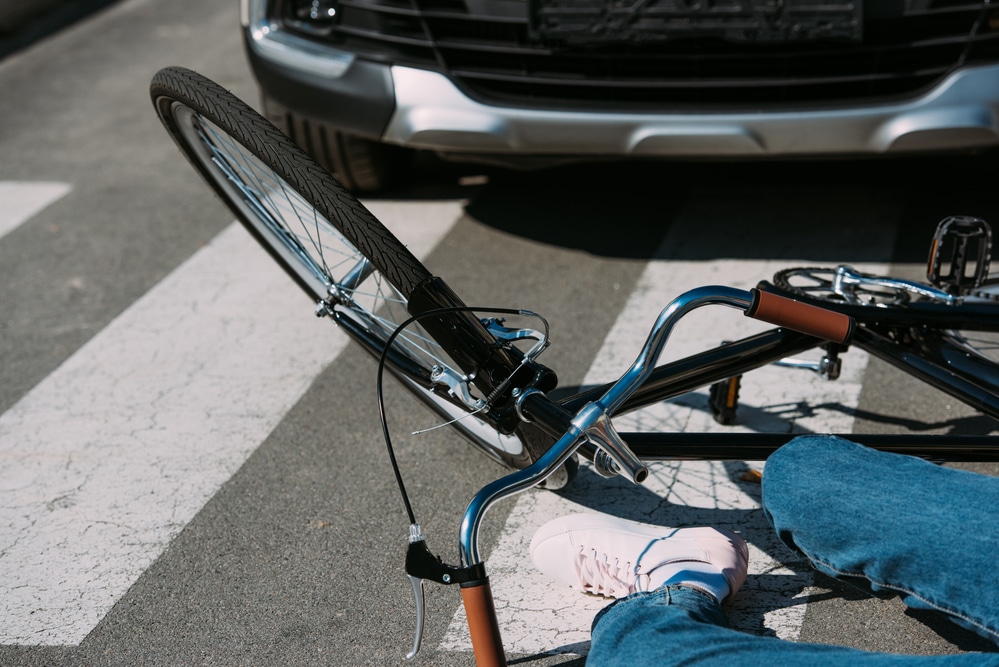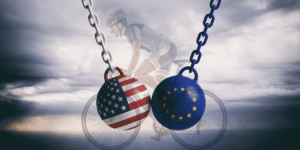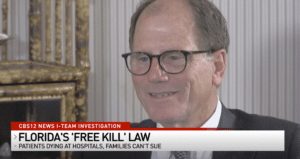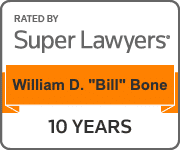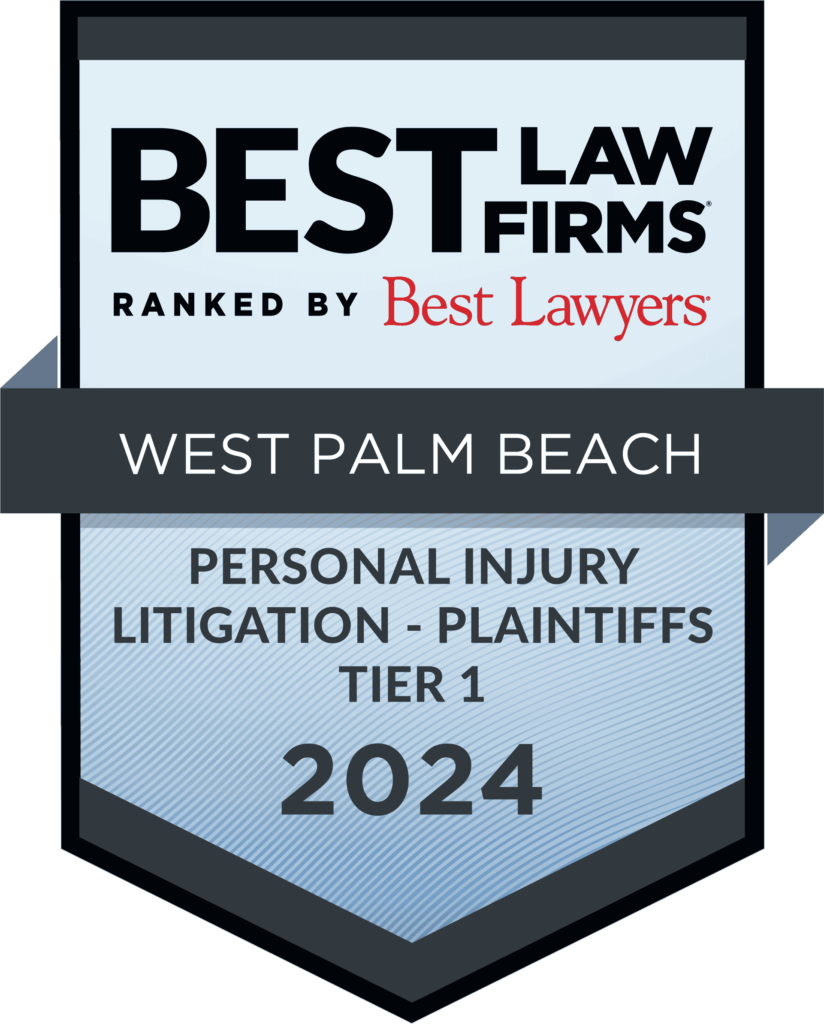10 Things You Should Do After a Bike Accident
#1 Stop
Never leave the scene of an accident, even a minor one, until after you’ve spoken with the police and exchanged information with other all the other parties involved in the accident.
#2 Call the Police / Emergency Services
Regardless of how seemingly minor the accident may appear at first, you should always contact the police and emergency services so that they can create an official record, gather and preserve evidence, and conduct an official investigation. Be sure to ask the responding officer for the police report reference number.
Do not refuse medical treatment on scene. Tell the paramedics about all symptoms regardless of how minor they may seem at the time. If paramedics want to transport you to the hospital, go with them.
#3 Protect Yourself and the Scene
If you can move your bike and it’s safe to do so, the law requires you to move it from the travel lanes. Move to a safe location to wait for the arrival of the police.
#4 Exchange Information
While waiting for the police to arrive, obtain the name, address, and telephone number of all parties involved in the accident, drivers, and passengers. You should also obtain information about insurance by asking to see the insurance card for all vehicles involved in the accident. If there are witnesses, you should also get information from them so that you or your lawyer can contact them in the future.
Don’t apologize, make comments “forgiving” the party who hit you, or make statements indicating that you may have been at least partially at fault such as “I didn’t see you” or “I should’ve been more careful.”
#5 Gather Evidence / Take Notes
While at the accident scene, you should attempt to collect as much evidence as you can safely. For example, take pictures of the accident from several angles and the surroundings, such as road signs, surface conditions, skid marks, etc., and take pictures of your bicycle and injuries. Note the weather conditions at the time of the accident and obtain contact information from any witnesses. Make sure to gather your evidence as quickly as possible because the accident scene will not be preserved long after the crash.
Take detailed written notes on your phone for yourself at the scene or as soon as possible afterward while the details are still fresh in your mind. Write down everything all parties said.
#6 Report the Accident
Notify your insurance company as soon as possible following the accident. Many insurance policies require immediate reporting and full cooperation.
#7 Receive Medical Attention Within 14 Days of the Accident / PIP Claim
Florida is a no-fault insurance or personal injury protection (“PIP”) state. PIP is a type of motor vehicle insurance under which policyholders are covered for losses by their insurance company regardless of who’s at fault for the accident. As a cyclist, you are covered under your vehicle insurance’s PIP coverage. It provides up to $10,000 in immediate medical coverage. The owner of an insured motor vehicle is covered by basic PIP whether he or she suffers injuries as a driver, passenger, pedestrian, or cyclist.
To file a PIP insurance claim, you must receive initial medical treatment by an authorized healthcare provider within 14 days of the accident. If you fail comply with this strict deadline, you are barred from filing a PIP insurance claim.
The basic steps for filing a PIP claim are as follows:
- Must obtain treatment from an authorized medical provider within 14 days of the accident.
- The medical provider will determine whether the injuries constitute an emergency medical condition.
- File a written claim with PIP insurance provider.
#8: Continue Treatment
Continue to follow medical treatment plan ordered by your healthcare provider. Do not refuse or delay medical treatment following a car accident. Doing so can negatively affect your claim because the insurance company will attempt to deny your claim, arguing that your injuries are not related to the accident.
#9 Document Injuries
Because the appearance of your injuries will change during the course of recovery, continue to take pictures of your injuries over the days, weeks, and months of your recovery. Pictures of injuries can help persuade a jury of your pain and suffering in the event your case goes to court. In addition, you should keep a journal about your injuries and recovery.
#10 Contact an Experienced Bike-Accident Lawyer
The single most important step you can take to preserve all your legal rights is consult with an experienced bike-accident lawyer as soon as possible after your crash. An experienced bike-accident lawyer can expertly assist in dealing with your insurance company by providing valuable legal advice and strategy on how best to prosecute your case in order to maximize your recovery.
10 Things You Should NOT Do After a Bike Accident (without the Advice of a Lawyer)
# 1: Do NOT give a recorded statement to any other party’s insurance company
# 2: Do NOT sign any insurance company paperwork, medical releases, or documents.
# 3: Do NOT delay in getting medical treatment. Waiting more than 14 days after the accident to obtain medical treatment will result in denial of coverage under Florida’s no-fault insurance or personal injury protection (“PIP”) system.
# 4: Do NOT apologize to any other party, make comments “forgiving” the party who hit you, or make statements indicating that you may have been at least partially at fault, such as “I didn’t see you” or “I should’ve been more careful.”
# 5: Do NOT exaggerate or minimize your injuries, symptoms, or pain to your healthcare provider
# 6: Do NOT withhold crucial information from your healthcare provider regarding pre-existing injuries, illnesses, and medical conditions.
# 7: Do NOT discuss conversations between you and your lawyer with your healthcare provider.
# 8: Do NOT post anything on social media about your accident, injuries, treatment, or lawsuit.
# 9: Do NOT discuss your accident, injuries, treatment, or lawsuit with friends, co-workers, or neighbors.
# 10: Do NOT conceal information from your lawyer.

